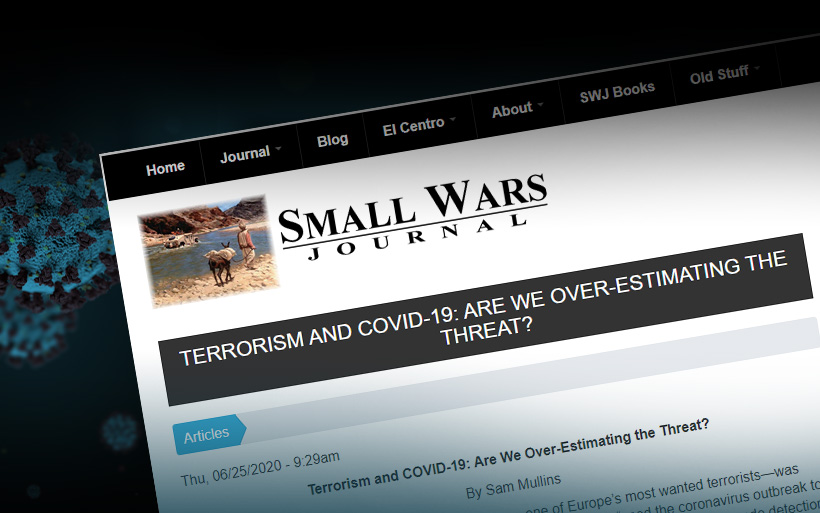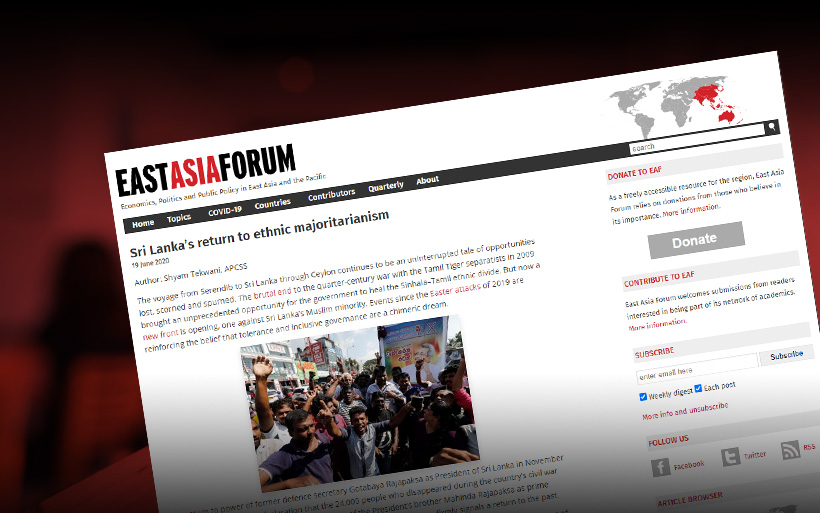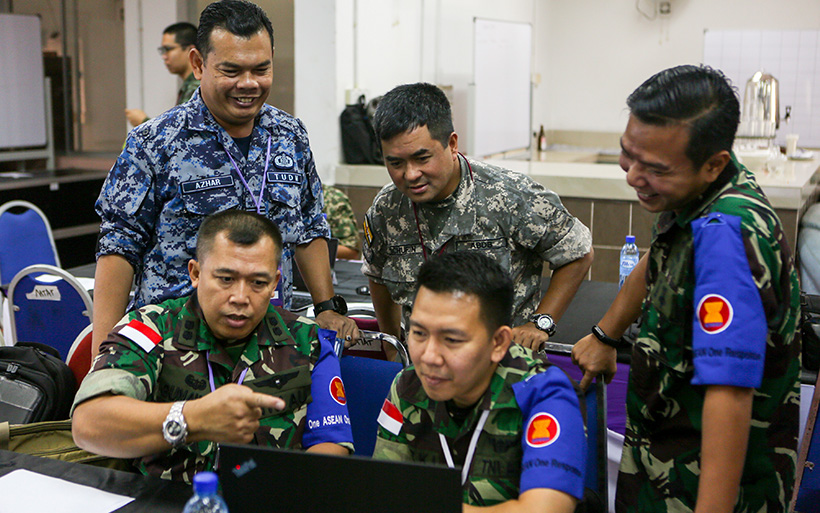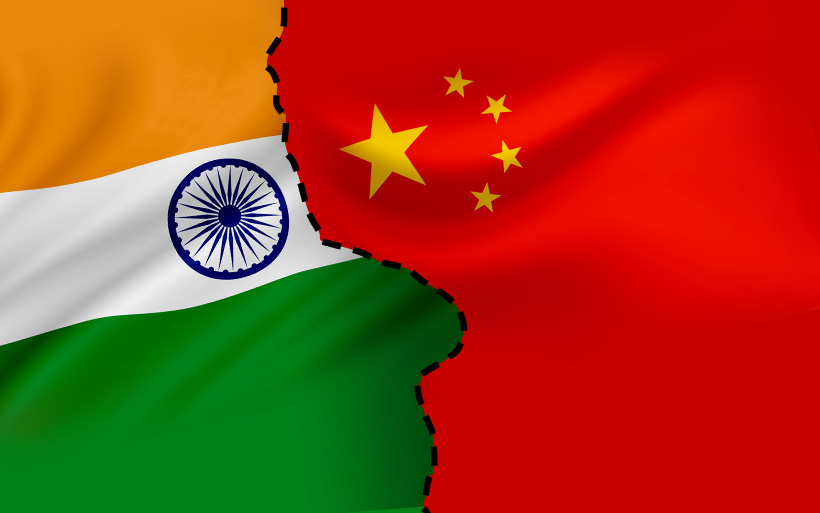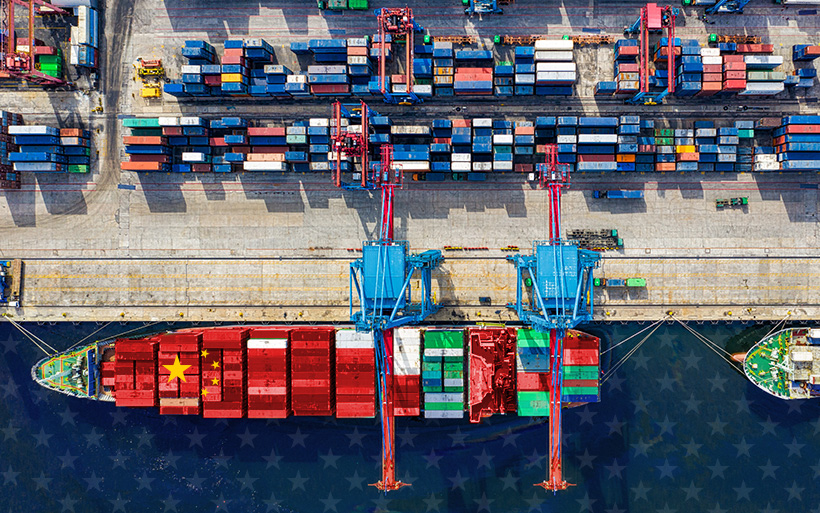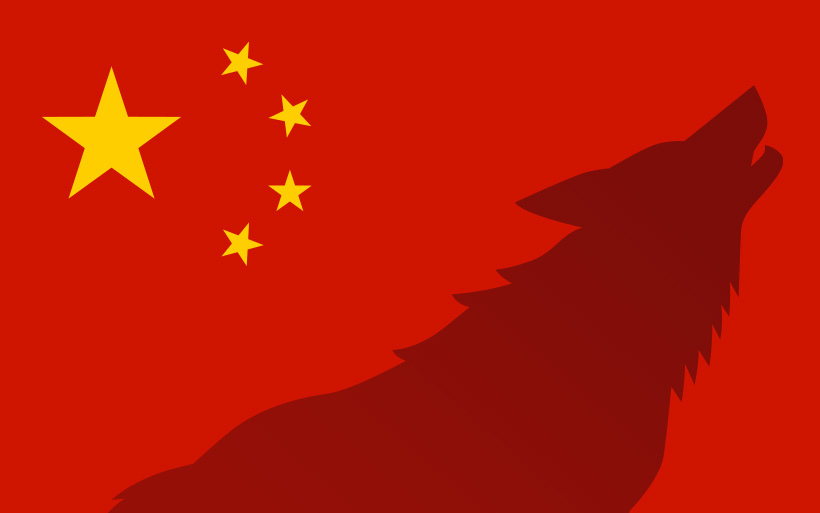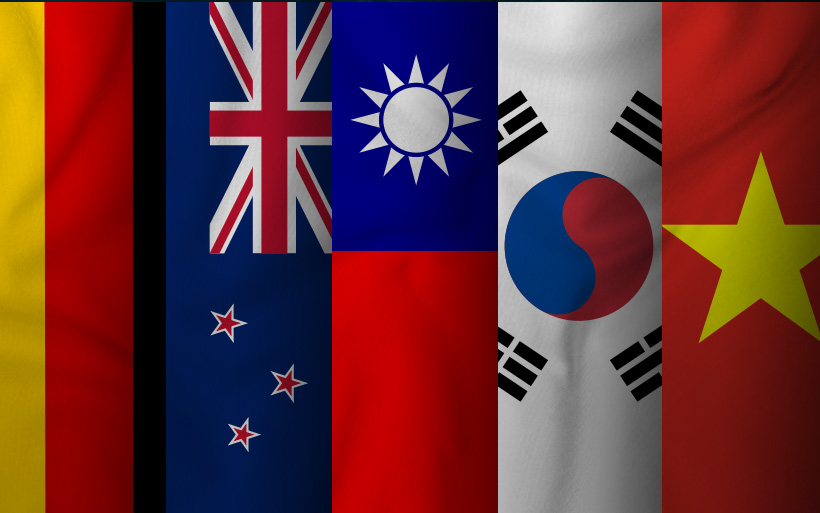Terrorism and COVID-19: Are We Over-Estimating the Threat?
“Terrorism and COVID-19: Are We Over-Estimating the Threat?” is a new article by DKI APCSS professor Dr. Sam Mullins for the Small Wars Journal. In this article, Mullins looks at if and how terrorists are using the COVID-19 pandemic to further their goals. “There is an established tendency to interpret everything that violent extremists and terrorists now do through the lens of the coronavirus pandemic. Almost invariably, this is done in such a way as to magnify our perception of the threat. But is this really an accurate assessment?" asked Mullins in his paper. Read the full article on the Small [...]


